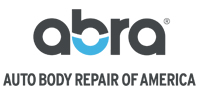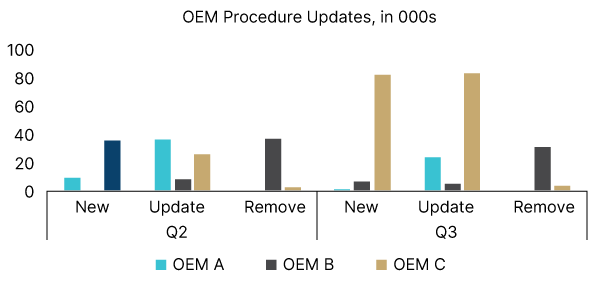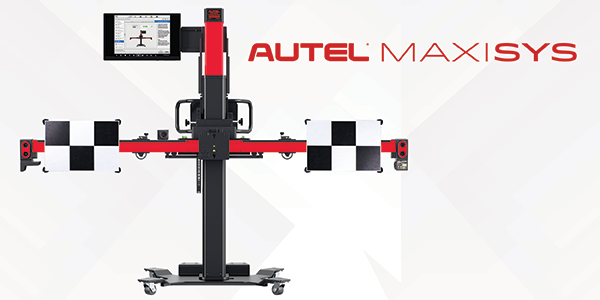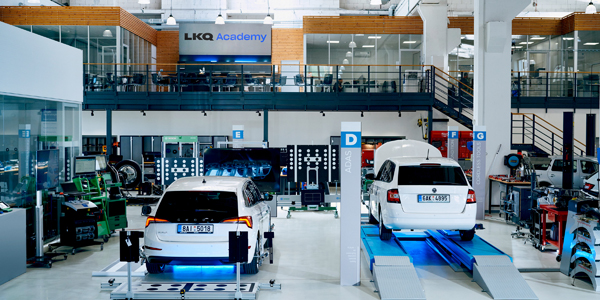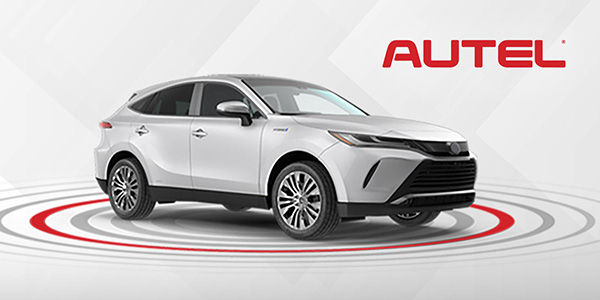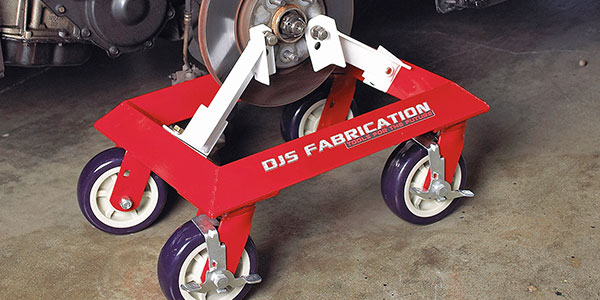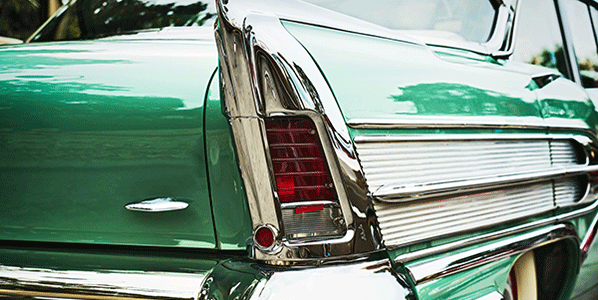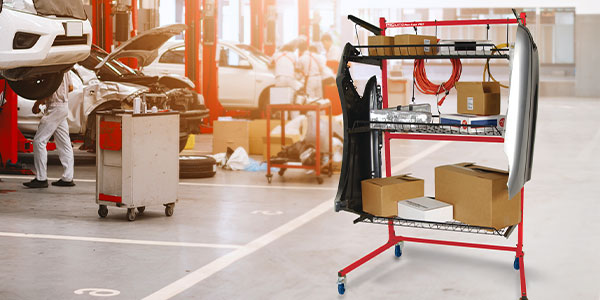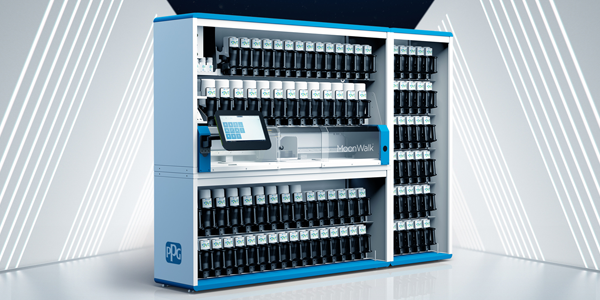With the changes in technology, processes, and even the work environment within the collision repair industry, it has been a world-wide struggle to acquire and retain qualified talent. Fortunately, for ABRA Auto Body Repair Centers, the network has access to key resources to help address this significant challenge. The ABRA family has continued its focus on employee retention and overall employee satisfaction through these demanding times. An often overlooked component for most in the collision repair industry.
Build a Culture
Following the intense restrictions during the pandemic, employees from every industry have been excited to get back on a normal schedule. One positive aspect from the pandemic was that the collision repair industry was considered “essential,” and maintained the ability to have employees in the shop working closely and safely with their colleagues. Many employees from other industries lost the sense of culture within their company, as this is something that is built by working closely with one another.
As part of its tried and tested operational playbook, ABRA owners have always had a focus on shop culture. While the team may have felt first-hand the fatigue that the pandemic has caused, it did not stop this premier network from staying true to its roots. Cross-training employees helped maintain a close-knit culture in the facilities, helping one another when a technician needs time away. With ABRA owners showing their team that it is okay to have more flexibility in their schedule to handle personal matters or take time off, ABRA shops have been able to maintain their high rates of employee retention.
Encourage Personal Growth
While giving employees flexibility with their schedule is one tactic in building team culture, shop owners must focus on other aspects within their team’s operations and personal growth. To maintain the ABRA standard of repair and service, shop owners encourage their employees to complete frequent training, and even push them to learn new skills to help develop their personal career growth.
Now that in-person training sessions have resumed, ABRA owners can get back to cultivating new abilities within their facilities. This has caused exponential growth within the shop operations, in turn, supporting the increase of overall customer satisfaction rates.
ABRA Chattanooga is home to long-time employee, Mike Brown, who has been with his shop for 13 years. In this time, he has continuously pushed himself to be the best he can be by becoming I-CAR platinum certified, traveling across the U.S. for training, using his expertise to train and mentor incoming body techs, and bringing a positive attitude to his work environment.
The emphasis on personal growth within the ABRA collision repair centers has built an undeniable trust between the employees and their colleagues. Which has added to the cultural foundation within the shops and has given employees the desire to stay at their job.
Check in with Team Members
With a shrinking talent pool, fatigue has been an increasing issue in the collision repair industry. As part of its playbook for success, ABRA owners check in with their employees. Whether the owners are asking the shop leaders to check in with their specific team, or completing the check in’s themselves to all members of their shop, all employees are receiving frequent check ins. This is another factor contributing to the longstanding positive culture and family feel within ABRA shop locations. Not to mention, improving the overall morale of the employees and encouraging them to stay with their repair center.
The ABRA Difference
These tactics are just a few of the premier network’s tools implemented across the ABRA family of collision repair centers. Shop owners have access to educational resources, operational coaches, and peer support from other owners – helping them drive solutions for varying industry challenges, including employee retention. Visit ABRAauto.com to learn more or complete this form if you would like to work with ABRA Auto Body Repair Experts of America.


